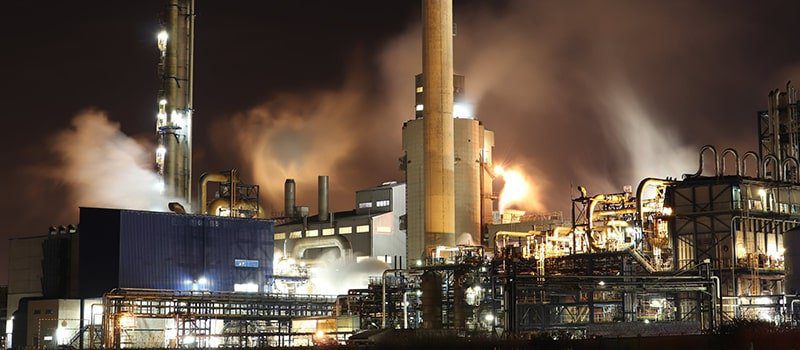**Petroleum derivatives works:**
1. **Oil (petroleum):** Crude oil is considered a primary source of many petroleum derivatives. It is refined in raffineries to transform it into multiple products. Petroleum derivatives of petroleum include gasoline, diesel, aviation fuel, lubricating oils, bitumen, asphalt, and petrochemicals such as polymers and plastics.
2. **Natural gas:** Natural gas consists mainly of a mixture of hydrocarbon gases. It is used to generate electricity, heat homes, and as fuel for vehicles and industries. It is also used as a raw material in the production of chemical products.
3. **Gasoline:** Gasoline is used as a fuel for internal combustion engines in cars and motorcycles. It is distinguished by its chemical composition, which contributes to providing excellent engine performance, in addition to its rapid ignition.
4. **Diesel:** Diesel is used as fuel for trucks, buses, heavy equipment, ships, and even some small vehicles. Its fuel efficiency and high torque make it suitable for applications that require heavy loading or driving force.
**Export and import of petroleum equipment, parts other than petroleum equipment and petroleum transport:**
Exporting and importing petroleum equipment is the process of transferring equipment and parts related to the oil and gas industry between different countries. Petroleum equipment includes drilling rigs, pumps, valves, pipelines, and equipment for refining and storage operations.
Parts other than petroleum equipment include components such as valves, pipes, piping, and other accessories that are used in various aspects of the petroleum industry.
Petroleum transportation refers to the process of transporting petroleum products from extraction or refining areas to consumers via means of transportation such as pipelines, ships, and trucks. This requires careful planning to ensure safe transportation and maintain the quality of products during transportation.






